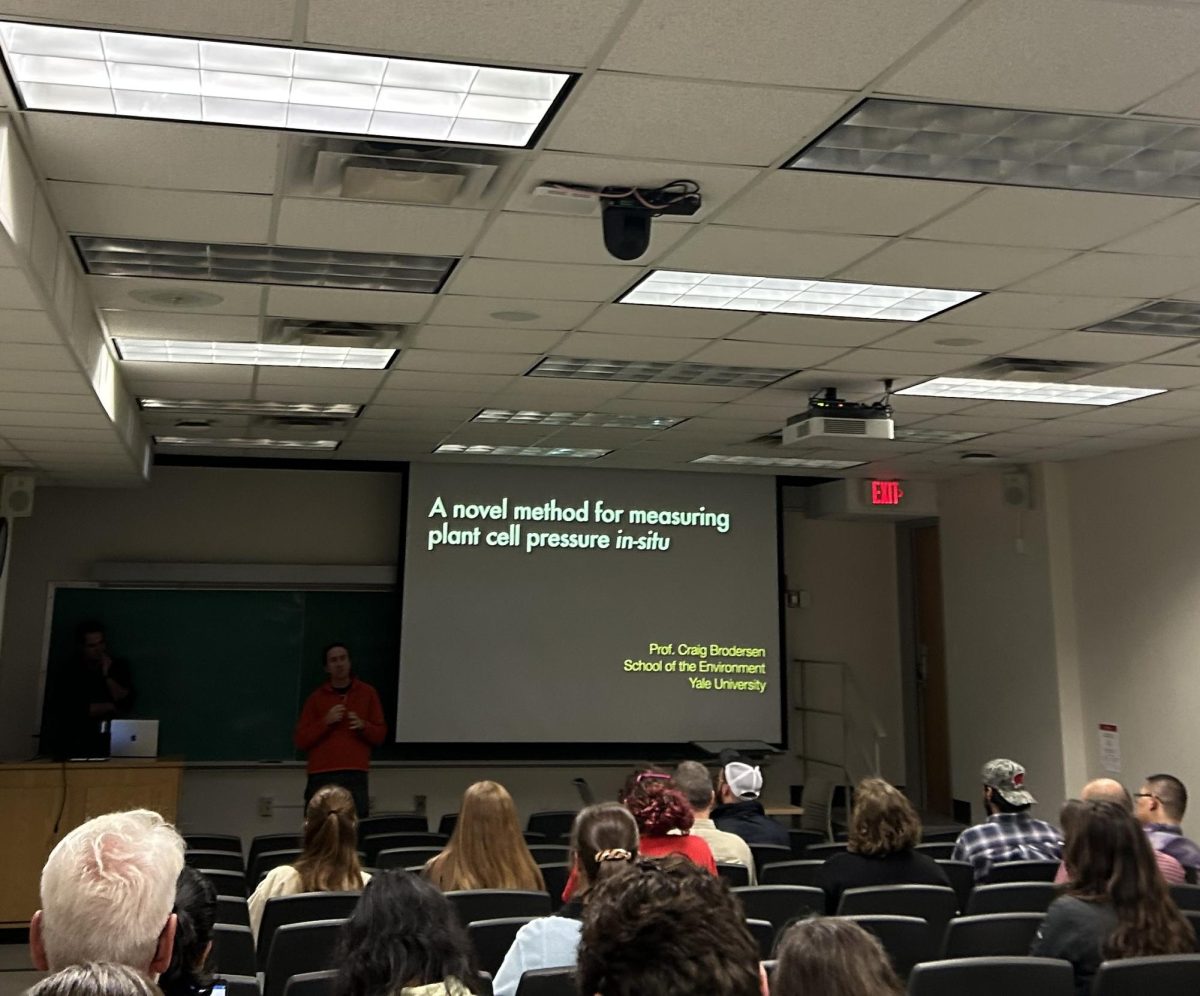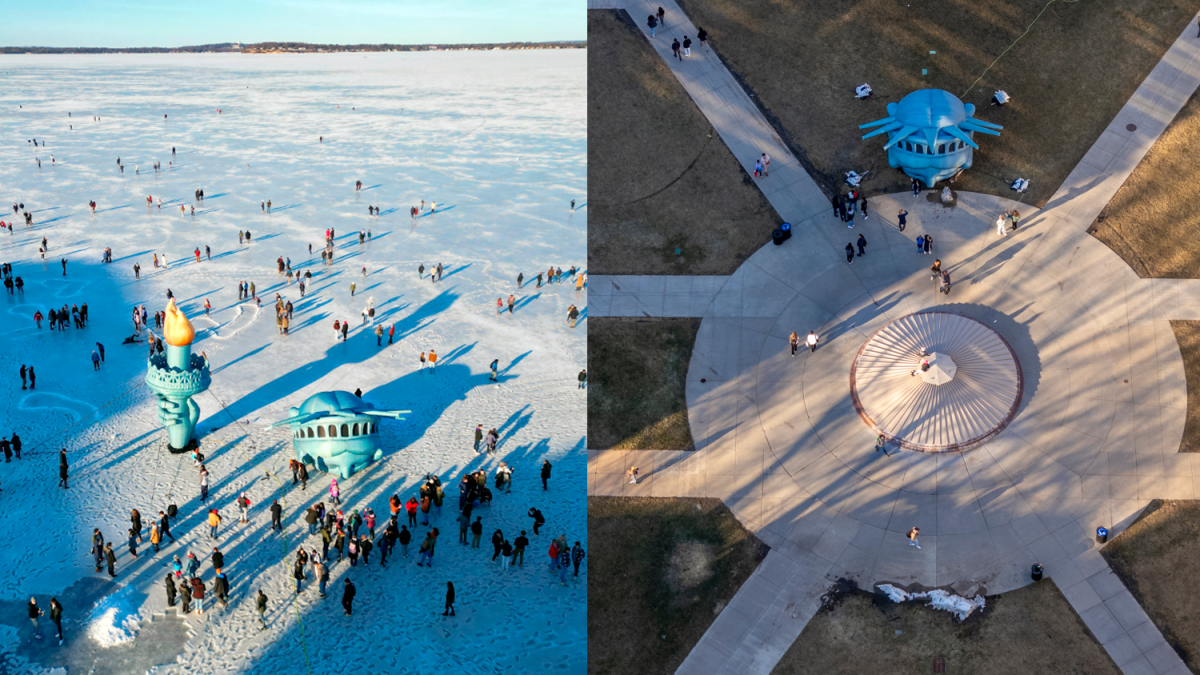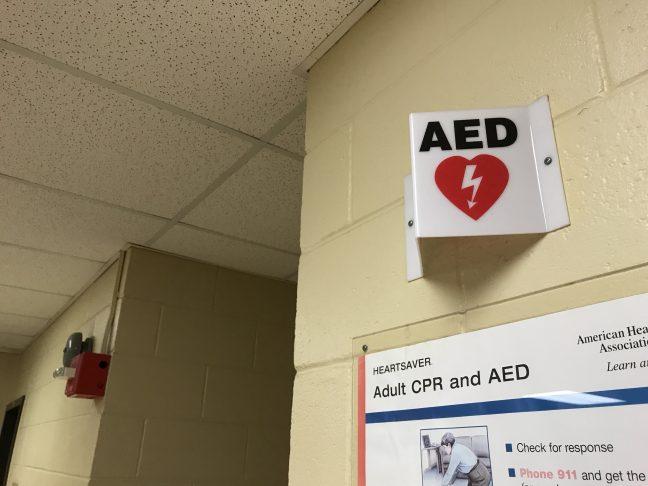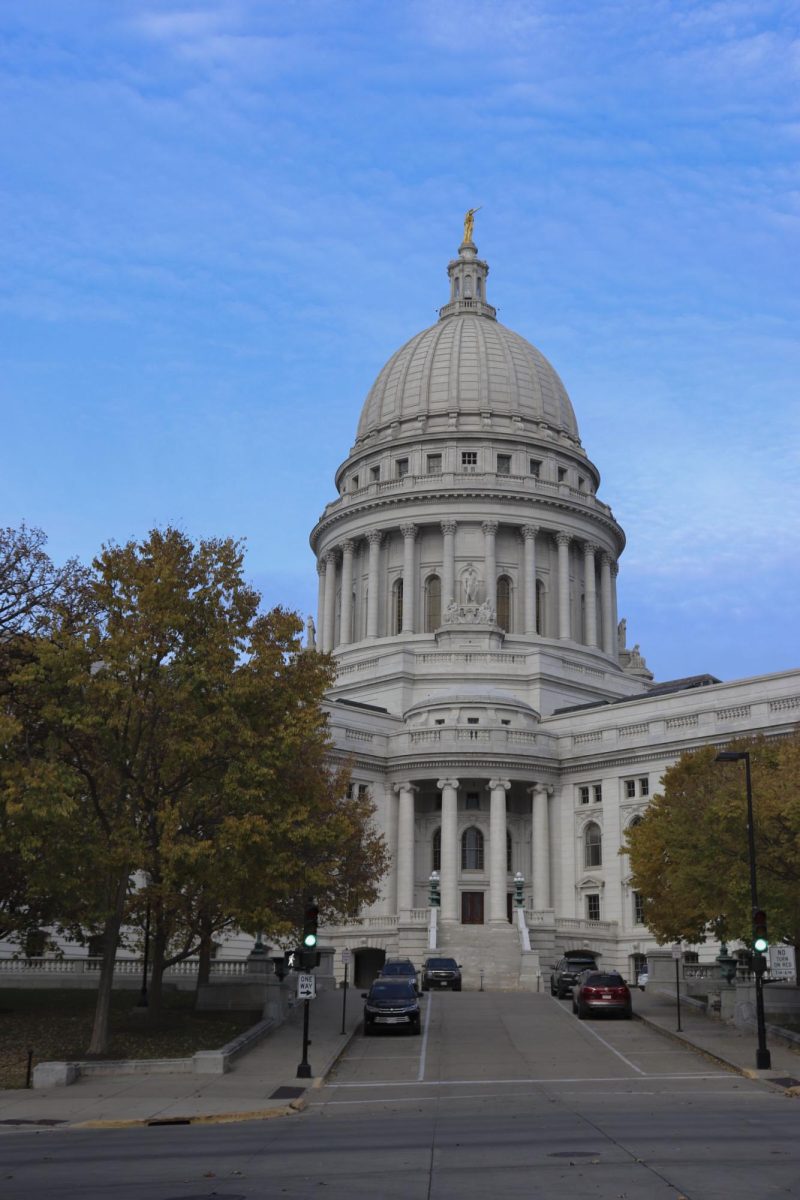Since July 14, Wisconsin and several other states have endured a heat wave sweeping from the Southwest to the East Coast. Executive Director of the National Alliance of Mental IllnessWisconsin Mary Kay Battaglia, advised rising temperatures may heighten stress and isolation among students and other groups, emphasizing the importance of practicing self-care during high temperatures.
NAMI is a grassroots organization focused on providing resources and help to individuals experiencing mental illness.
NAMI, originally formed in Wisconsin, has expanded to 45 states, Battaglia said. The organization operates through three pillars — education, support and advocacy. To support these pillars, NAMI offers various classes and support groups and advocates for legislative action, Battaglia said.
“We help with legislation to help improve the way we treat people with mental illness and the systems change and things that go on at the legislative level and also personal advocacy,” Battaglia said. “We teach people how to advocate for themselves through a training called NAMI smarts, where we teach people how to talk about their mental illness and advocate for themselves.”
While Wisconsin is experiencing higher-than-normal temperatures, the current heatwave is not considered extreme, Battaglia said. Nevertheless, irregular temperatures, both hot and cold, can impact individuals with mental illness.
This often occurs in people with seasonal affective issues or seasonal affective disorder, Battaglia said.
“People respond to not having enough sunlight,” Battaglia said. “People respond to excessive cold temperatures and people do respond to excessive heat, temperatures and it creates stress, it can create anxiety. I think the most concerning issue for any of those temperature or seasonal affective issues for people who are the most vulnerable in our community are those with serious mental illness, living with schizophrenia and bipolar disorder.”
Individuals experiencing mental illness are often already isolated in their communities due to homelessness or social exclusion, Battaglia said. Many do not understand their condition and cannot treat it properly, a situation known as anosognosia. During extreme weather conditions, those who are unhoused may struggle to find safe places to stay, according Battaglia said.
People with mental illness who are being treated may react differently to extreme heat due to side effects of antipsychotic or antidepressant medication, according to a 2022 study from the National Library of Medicine. The heatwave may bring additional challenges for these individuals, Battaglia said.
The most crucial way extreme temperatures can impact individuals experiencing mental illness is through social isolation, Battaglia said.
“You know, if it’s extremely hot, you can’t go about your day, you’re encouraged to stay inside,” Battaglia said. “You don’t feel comfortable getting out into nature. You don’t feel comfortable socializing. And the more you isolate folks, the more depression and anxiety can increase … extreme heat [will] probably exhaust people more than extreme cold, so people can be more exhausted again, it can have a seasonal, effective issue with people who aren’t used to being in common heat environments.”
Individuals living in areas not typically warm may be shocked by extreme heat, worsening individuals’ tendencies to isolate themselves during extreme temperatures, Battaglia said.
Resources are available for individuals grappling with extreme temperatures and their impact on mental health, Battaglia said. In Madison, those without housing can seek assistance at PorchLight or The Salvation Army.
“Studies and studies show that the greatest way to satisfy mental health is to have connections and relationships, as well as the support you need from a mental health or prescriber provider,” Battaglia said. “Just having those same resources will be really important.”








